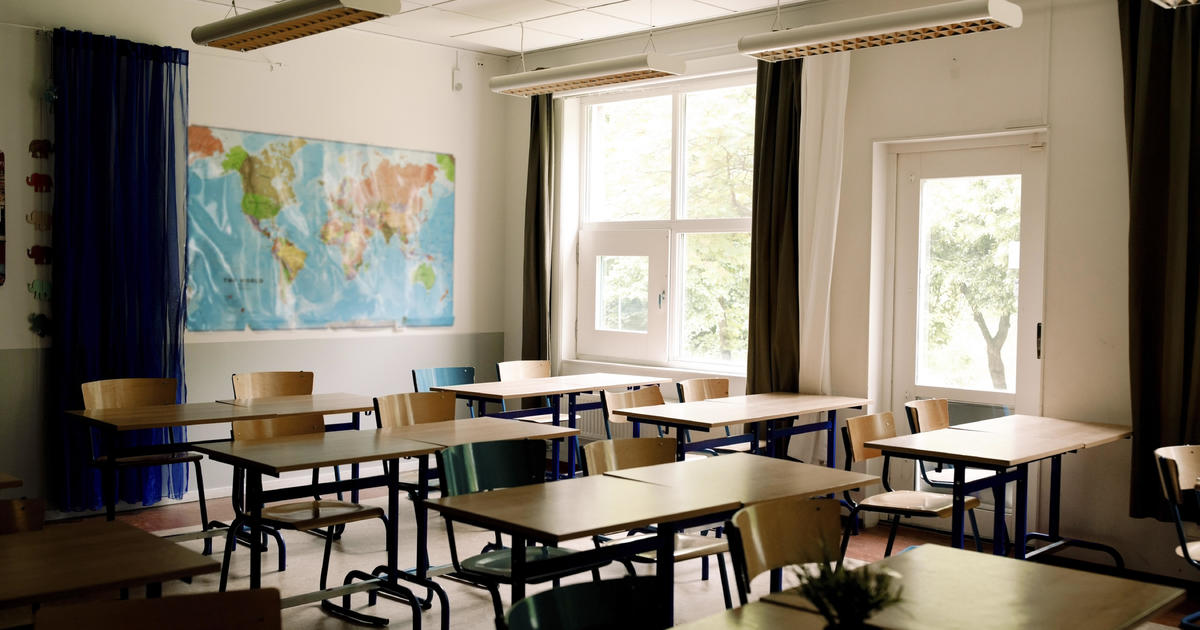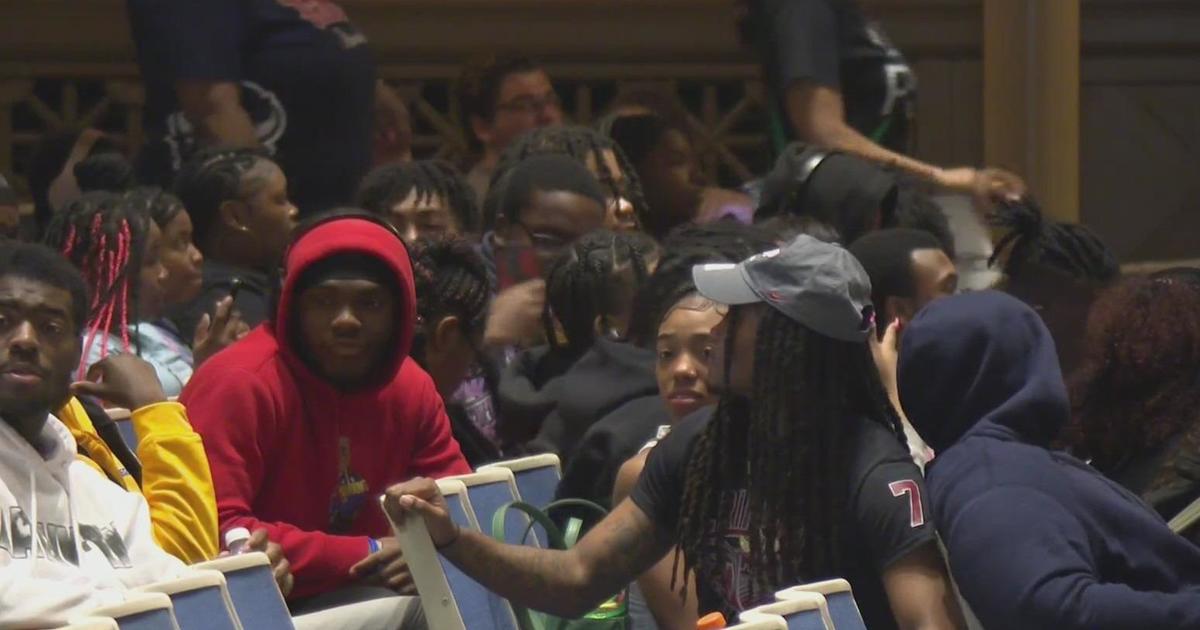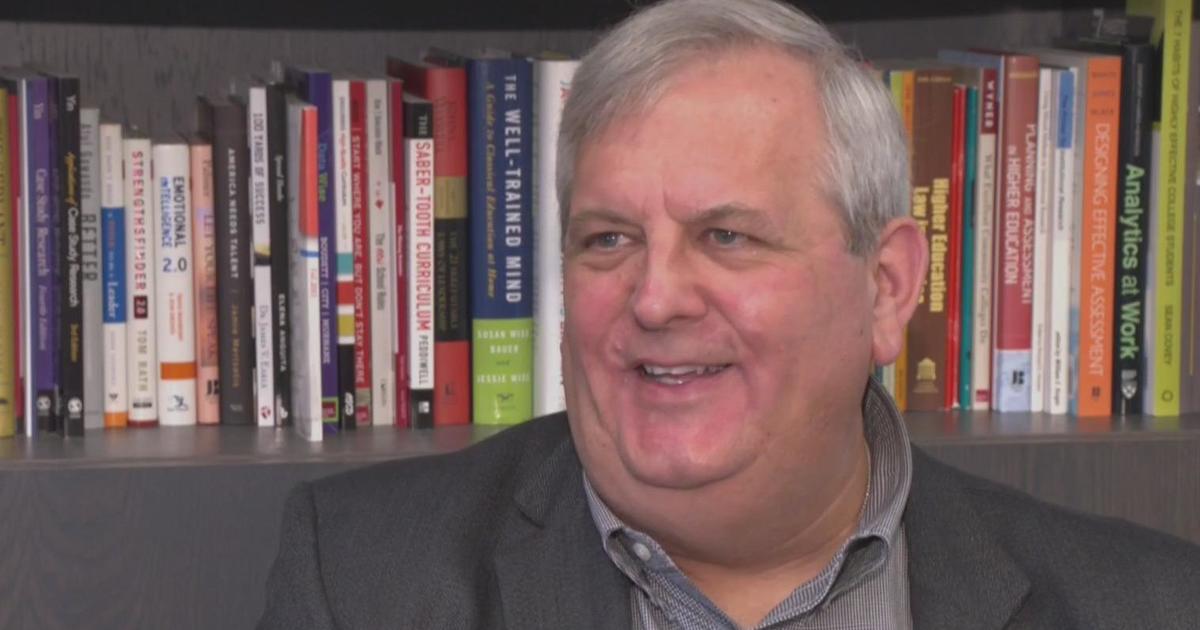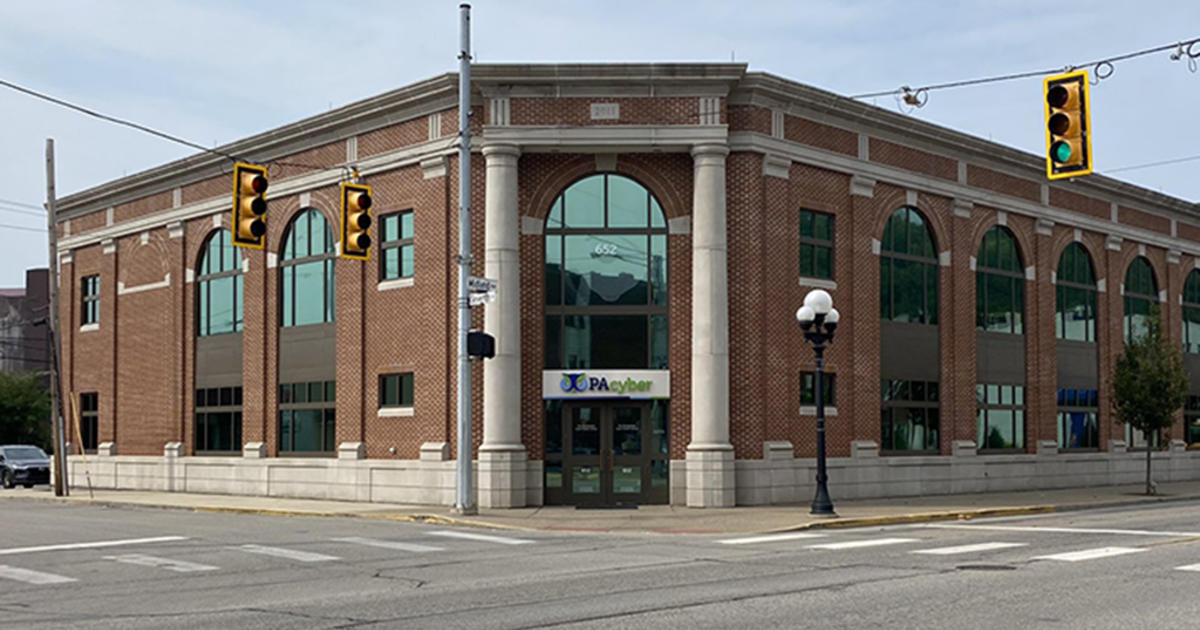Pennsylvania's schools say victory in court is final and Legislature needs to increase funding
Lawmakers should take action to address a now-final court ruling that Pennsylvania's system of funding public schools violates the constitutional rights of students in poorer school districts, lawyers for the districts and groups that sued said Monday.
The judge's February decision will not be appealed after the deadline to file came and went over the weekend.
The plaintiffs originally sued in 2014, arguing that Pennsylvania's system of paying for public schools is failing the poorest districts and contending that billions more dollars in state aid are necessary to meet the state's constitutional obligation.
While the judge agreed, she also did not direct Pennsylvania's politically divided Legislature on how much more state aid to distribute, or how.
The plaintiffs — including six school districts, the NAACP and the Pennsylvania Association of Rural and Small Schools — want lawmakers to comply with the judge's ruling by guaranteeing that each district has adequate resources.
"The decision is now final and there is no excuse for state lawmakers to delay action any further," the plaintiffs' lawyers — from the Public Interest Law Center, the Education Law Center and the law firm of O'Melveny & Myers — said in a statement.
Leaders of the House and Senate Republicans in Pennsylvania had opposed the lawsuit and hadn't previously said whether they would appeal to the state Supreme Court.
On Monday, they acknowledged their decision not to appeal, but also made no commitment to sending more state aid to the state's poorest school districts — the key aim of the lawsuit.
Gov. Josh Shapiro, a Democrat, as well as Democratic lawmakers, had supported the plaintiffs.
During a months-long trial, the plaintiffs' lawyers presented evidence that schools are underfunded by $4.6 billion, an estimate that they said doesn't account for gaps in spending on special education, school buildings and other facilities.
Neither Shapiro nor lawmakers have assembled a plan to address the findings in the statewide Commonwealth Court and the experience in other states suggests there's no guarantee of swift, significant or longstanding change for the poorer school districts that sued.
"Even with the Republican leaders deciding not to challenge the Commonwealth Court decision, even with the compelling evidence that has been provided, I think that public pressure is still going to have to continue to get this done and get this done right," said state Sen. Vince Hughes, D-Philadelphia.
Litigation in the case may not necessarily end.
"We are standing by and we are ready to go back to court as soon as we feel that state lawmakers are not responding to the judge's order to them to provide the funding necessary for students to have their constitutionally guaranteed right to education," Katrina Robson, one of the plaintiffs' lawyers, told reporters.
The judge wrote that students in areas with low property values and incomes "are deprived of the same opportunities and resources" as those in more affluent areas.
That disparity is unjustified, violating both the state's obligations to educate students and the equal protection rights of students, the judge wrote.
For now, state government is stuck in a four-week-old partisan budget stalemate between Shapiro, the Democratic-controlled House and the Republican-controlled Senate.
The fight revolved, in part, around using taxpayer dollars to pay for students to attend private and religious schools, and Republicans on Monday signaled that any discussion about meeting the judge's order will involve that concept.
House Minority Leader Bryan Cutler, R-Lancaster, said in a statement that money alone will not solve the challenges of public education and that the "government-driven education system" is not responsive enough to parents and students.
Senate Republican leaders said in a statement that the ruling will require lawmakers to empower parents, streamline services and strike a balance between "addressing the needs of students and respecting the ability of taxpayers to pay the costs."
However, Dan Urevick-Ackelsberg of the Public Interest Law Center said sending money to private schools does not move Pennsylvania "one dollar closer" to complying with the ruling.
Compliance will be measured by ensuring each school district has enough staff, a modern curriculum and safe school buildings, he said.
"The outcome has to be a system that provides school districts enough resources so they can provide their students with all of those things," Urevick-Ackelsberg said.



